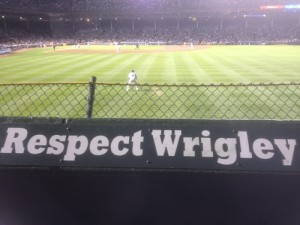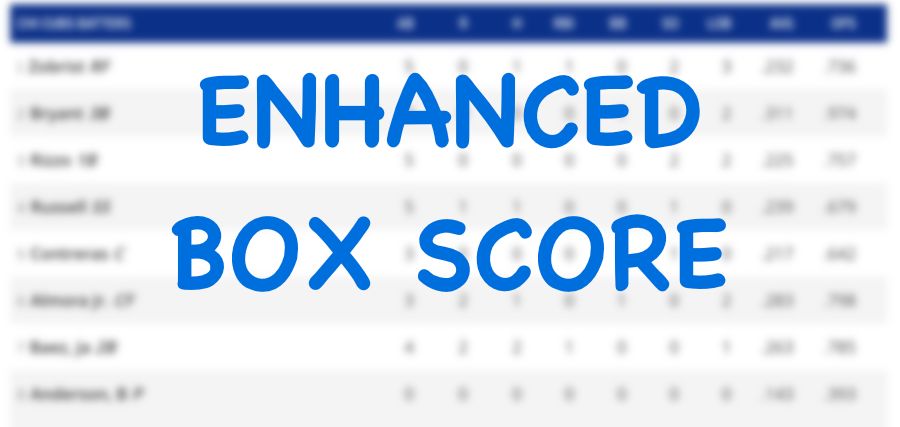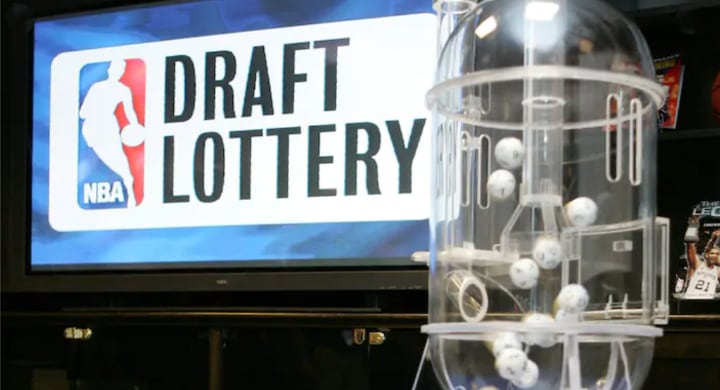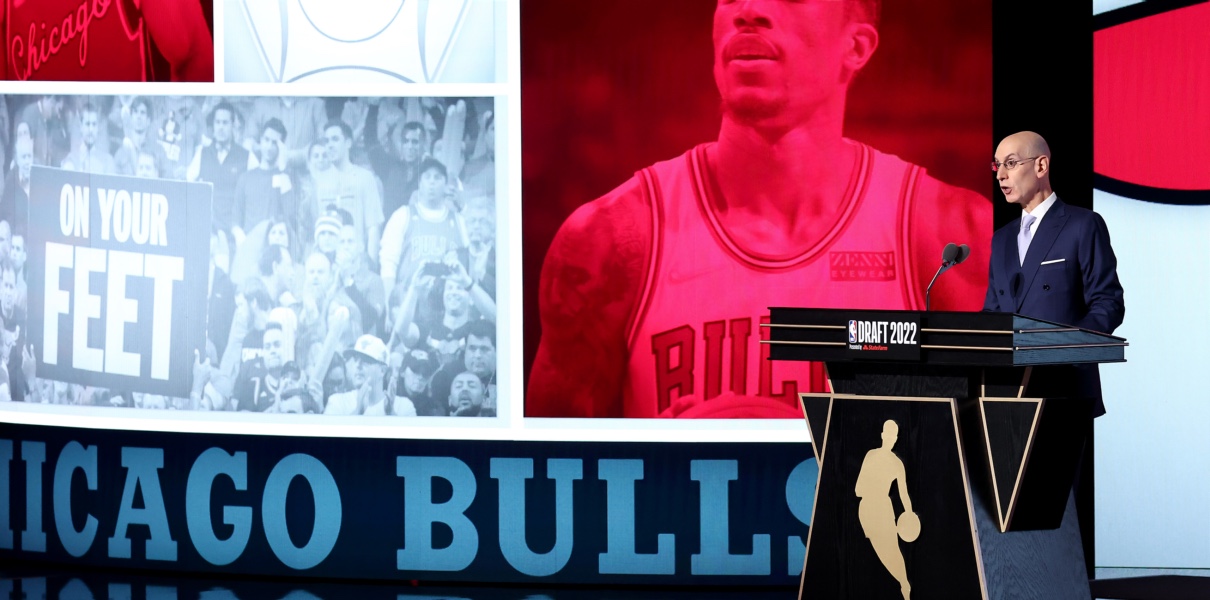
Let that rattle around your head a bit – despite being 31 games under .500 on the road, the Cubs are a game over .500 at home. Is it a statistical anomaly? Merely the reflection that teams play better at home than on the road? Or is there something more?
Well, on the statistical anomaly thing, we can’t really rule it out.
Although I’m sure a statistician of more skillz than I could crunch the numbers and determine how frequently you would expect a team to have that kind of crazy home road split purely by chance (error bars and z-score and what have you), but my guess is that this kind of thing does happen by chance, albeit extremely rarely. This season, looking at the standings, there are a few teams that have a greater than 10-game split between their home and road records, but none even approaching the 16-game difference the Cubs currently sport, save for the Astros, whose 14.5 game difference still has them 11 games under .500 at home (they’re that bad).
Looking back a few seasons (through 2008), the most extreme teams tend to have a nine to ten game difference between their home record and road record (e.g., 52-29 at home, 42-39 on the road), with a handful of 20+ seasons (2010 Tigers, 2010 Braves, 2009 Rays). Only the 2010 Tigers weren’t a great team (finishing 81-81), but even they were just 23 games under .500 on the road (and, obviously, 23 games over .500 at home). I can’t find a team – again, this was just a sweep through 2008 – that was so extremely bad on the road as the 2012 Cubs, and still managed a winning record at home.
So, what about the fact that teams just play better at home? Well, that they do. But, in recent memory, that blanket statement hasn’t always applied to the Cubs. Heck, the 2010 Cubs were five games better on the road than they were at home. You know how many other teams in baseball had a better road record than home record that year? Exactly none.
You have to go back to 2008 to find a Chicago Cubs team that was significantly better at home (55-26) than on the road (42-38). But, the thing is, that team was just awesome all around. When a team has a winning record like that on the road, it’s harder to argue that they’re gliding by on a home-field advantage. Instead, they’re just good.
Given that backdrop of how rare it is to have this kind of extreme home/road split, and how the Cubs haven’t always been extremely good at Wrigley Field in recent years, to what do we attribute their success at Wrigley this year, relative to their failure everywhere else?
If we assume it isn’t a mere statistical anomaly (which, as I’ve said, is entirely possible), then you’ve got to conclude that there is something to this roster that plays better at Wrigley than other teams’ rosters. We know that the new front office stated repeatedly coming into the season that they were trying very hard to build a roster that plays to Wrigley’s unique conditions, including the pitcher-friendly early-season, and hitter-friendly mid-season. What might those moves have been? Well, they worked to improve the defense, which is particularly important earlier in the year. They also added lefty starters, who have historically had slightly better success at Wrigley than righties (that is to say, the park plays among the best in the league for lefty hitters, who can, in the aggregate, be better neutralized by lefty pitchers).
In other words, it’s possible that, in this dismal, dark season, we’re already seeing a sliver of success. Yes, the roster is terrible, and needs to be improved. But if these guys in charge already have a grasp of how to construct a roster at the margins that plays THIS much better at Wrigley than on the road, how good is the team going to be when it can muster a .500 record on the road?
There’s still a month to go on the season, and these numbers could all fall apart during that stretch. But it’s interesting to wonder what we’re seeing develop, if anything. After writing this piece, I think I might be ever-so-slightly more encouraged about the near-term future than I was before I started.


























